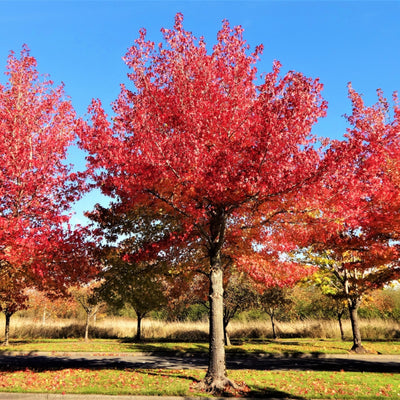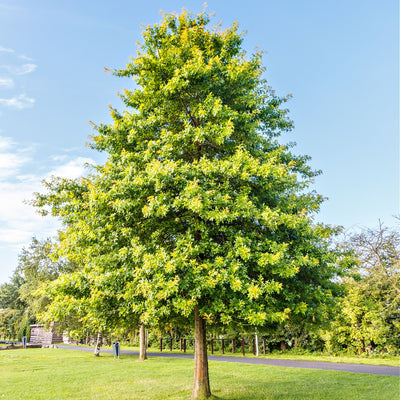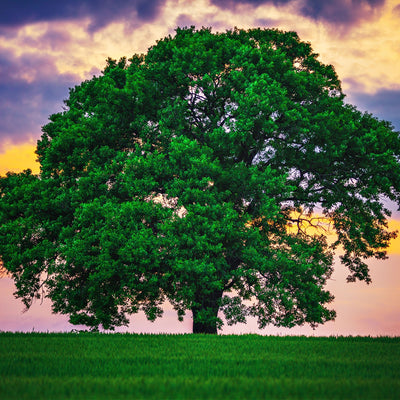Choosing The Best Shade Tree
Planting shade trees can make a beautiful focal point for any garden. There are wide varieties, from the graceful beauty of Red Maple trees to the hearty air cleansing Oak trees. Please consider how well the tree will survive in its intended landscape. Below are a few steps to make the planning process more manageable.
1. Decide how long you want the trees to last and how soon you want shade. Faster growing trees might deliver a more significant amount of shade sooner. However, Oak trees could have a more moderate growth pattern and be more likely to live for at least one hundred years. Because their wood is more robust, they will also be less vulnerable to elemental damage, such as rain and snowstorms. That makes them suitable for planting around children's play areas, such as sandboxes and swing sets.
2. Choose the location in the garden or landscape where the tree will be. Keep in mind that it should be where trees will provide the most sun protection. Usually, this is the southeast or southwest side of a dwelling.
Many people position a tree near a large window to help with reducing heating and cooling energy usage. It is also recommended to plant trees outside an air conditioner to increase efficiency up to at least 10 percent.
3. Examine various shade trees. Consider what qualities each tree can bring to the landscape, such as seasonal features, color, and texture, For instance, the shape of the leaves and their color.
Some trees have larger leaves with a coarse texture that will produce a more dense shade. More delicate leaves will require a thick layer to provide a cooling shade below them.
Some examples might include Japanese red maple trees for their graceful curves and layered branches that can be particularly beautiful in patio settings. Hardy Oak trees can provide a large canopy with plenty of room for people underneath it.
4. Consider trees with flowers for winter berries or fall colors. However, consider maintenance since fallen leaves and flowers need to be raked. Also, berries may sprout on the lawn under the tree.
5. Once you have narrowed down the type of tree you want, visit a nursery, online catalog, or tree farm to look at specific varieties of trees. Find the shade trees that meet most, preferably all, of your criteria.
6. Purchase a tree growing in a 5-gallon container and is 3 to 5 years old, such as Red Maple trees, for the easiest transplanting.
Click here for selecting or Sourwood trees, which make excellent shade trees.



